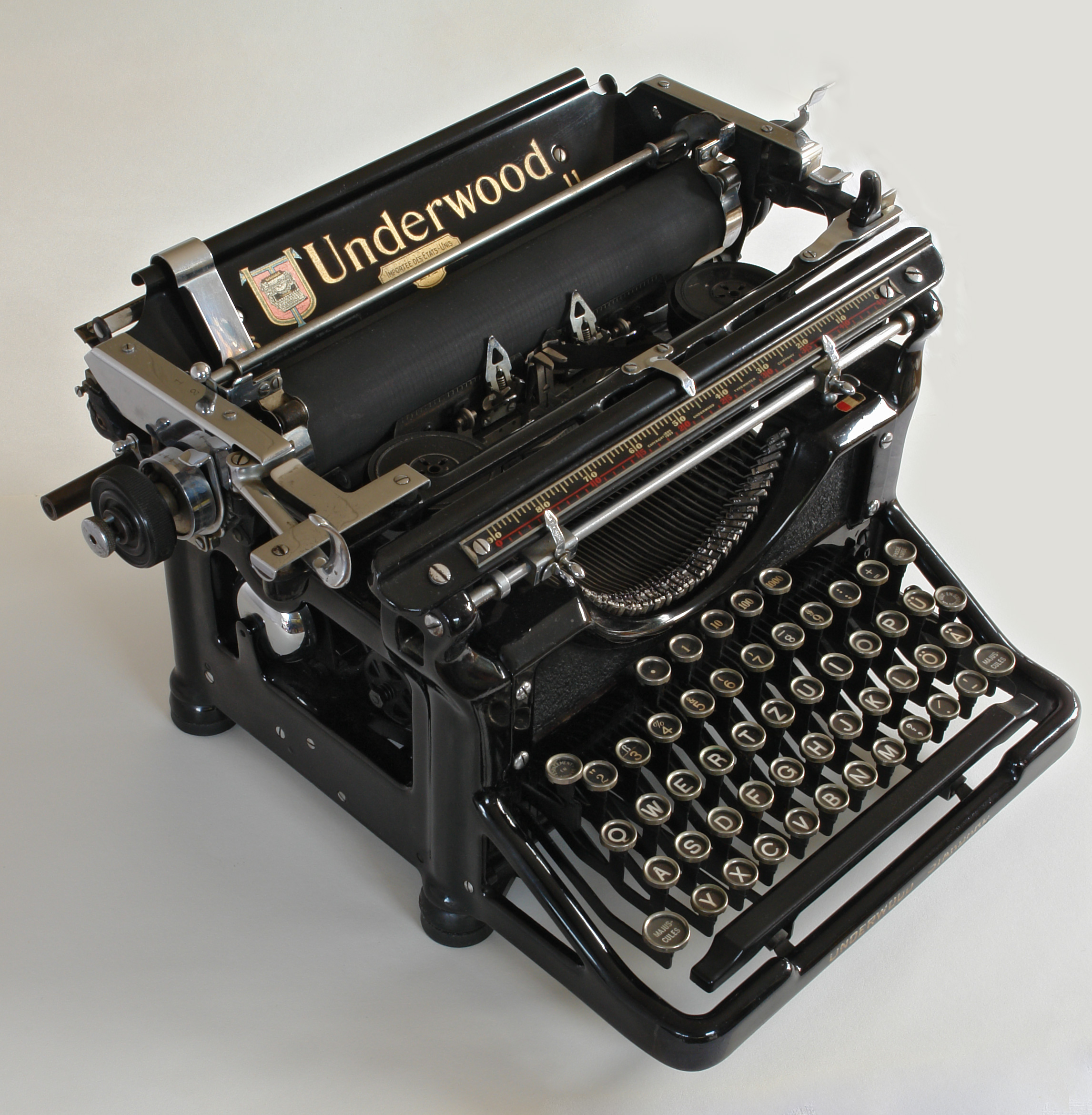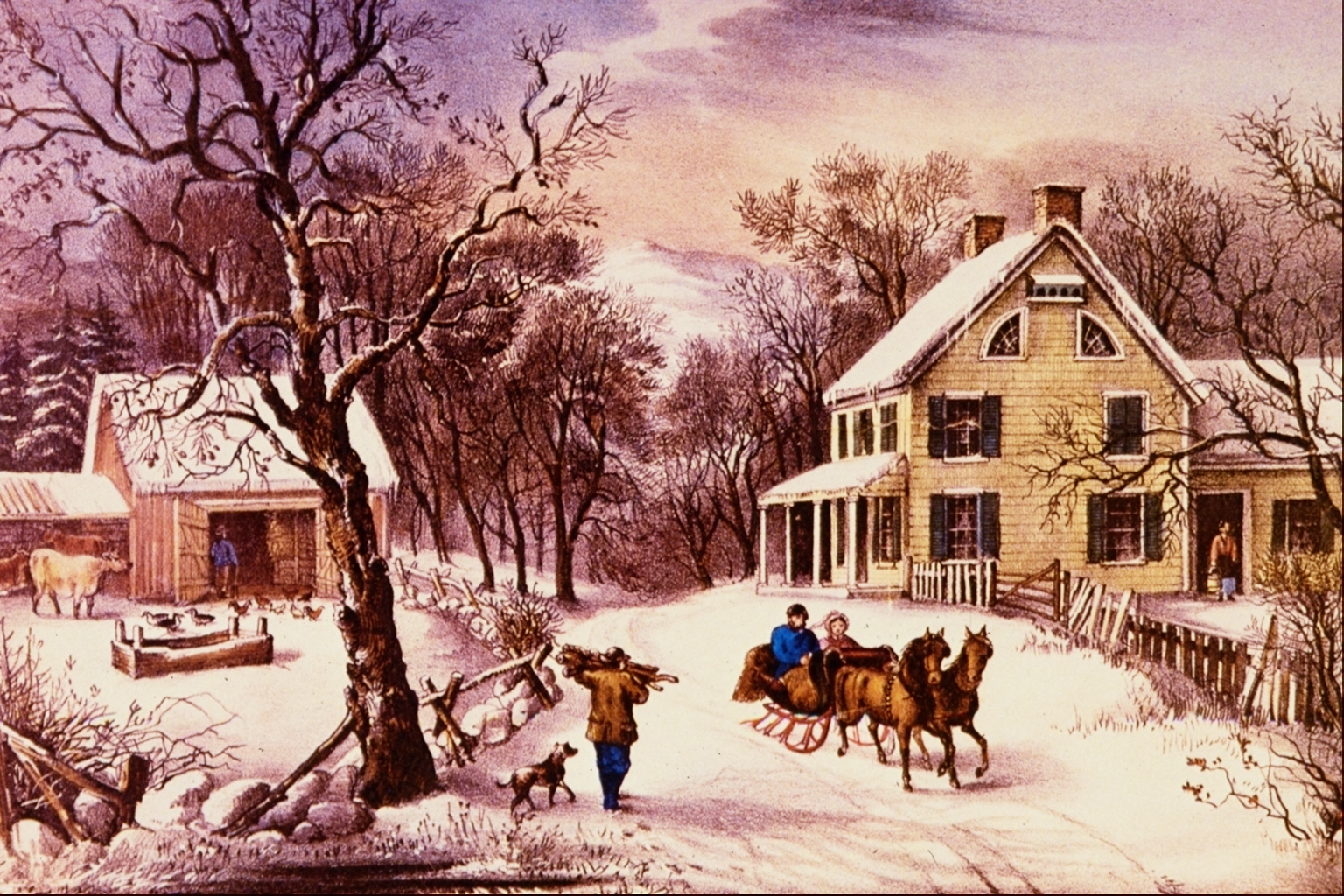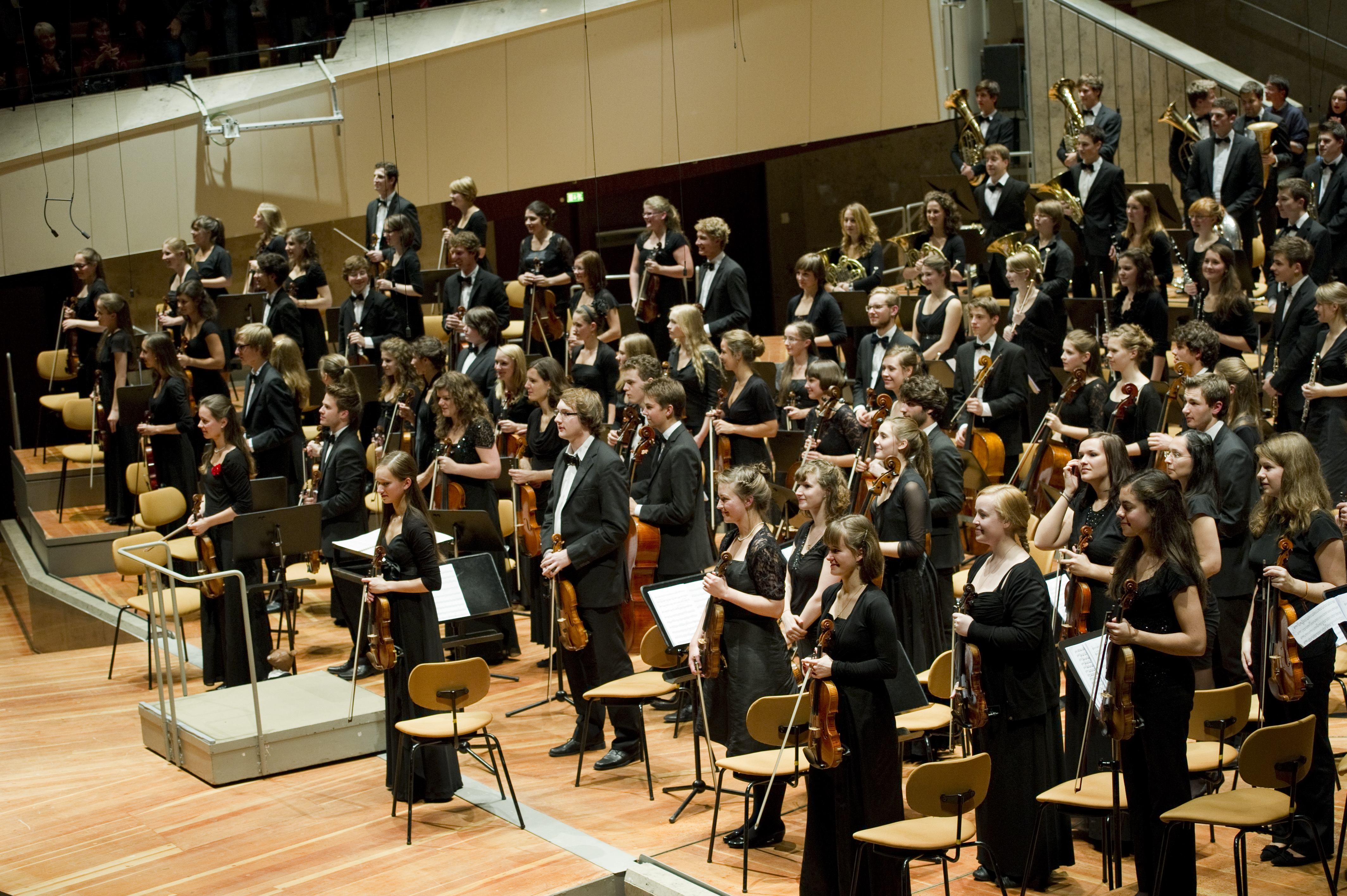|
The Boston Pops
The Boston Pops is an American orchestra based in Boston, Massachusetts, specializing in light classical and popular music. The orchestra's current music director is Keith Lockhart. Founded in 1885 as an offshoot of the Boston Symphony Orchestra (BSO), the Boston Pops primarily consists of musicians from the BSO, although generally not all of the first-chair players. The orchestra performs a spring season of popular music and a holiday program in December. For the Pops, the seating on the floor of Symphony Hall is reconfigured from auditorium seating to banquet and cafe seating. The Pops also plays an annual concert at the Hatch Memorial Shell on the Esplanade every Fourth of July. Their performances of Tchaikovsky's "1812 Overture" and Sousa's " The Stars and Stripes Forever" are famous for howitzer cannons firing and fireworks exploding during the former and the unfurling of the American flag that occurs near the end of the latter. Identified with its longtime director A ... [...More Info...] [...Related Items...] OR: [Wikipedia] [Google] [Baidu] |
Orchestra
An orchestra (; ) is a large instrumental ensemble typical of classical music, which combines instruments from different families. There are typically four main sections of instruments: * String instruments, such as the violin, viola, cello, and double bass * Woodwinds, such as the flute, oboe, clarinet, bassoon, and occasional saxophone * Brass instruments, such as the French horn (commonly known as the "horn"), trumpet, trombone, cornet, and tuba, and sometimes euphonium * Percussion instruments, such as the timpani, snare drum, bass drum, cymbals, triangle, tambourine, tam-tam and mallet percussion instruments Other instruments such as the piano, harpsichord, pipe organ, and celesta may sometimes appear in a fifth keyboard section or may stand alone as soloist instruments, as may the concert harp and, for performances of some modern compositions, electronic instruments, and guitars. A full-size Western orchestra may sometimes be called a or phil ... [...More Info...] [...Related Items...] OR: [Wikipedia] [Google] [Baidu] |
Flag Of The United States
The national flag of the United States, often referred to as the American flag or the U.S. flag, consists of thirteen horizontal Bar (heraldry), stripes, Variation of the field, alternating red and white, with a blue rectangle in the Canton (flag), canton bearing fifty small, white, five-pointed stars arranged in nine offset horizontal rows, where rows of six stars alternate with rows of five stars. The 50 stars on the flag represent the 50 U.S. states, and the 13 stripes represent the Thirteen Colonies, thirteen British colonies that won independence from Kingdom of Great Britain, Great Britain in the American Revolutionary War. The flag was created as an item of military equipment to identify US ships and forts. It evolved gradually during early American history, and was not designed by any one person. The flag exploded in popularity in 1861 as a symbol of opposition to the Confederate States of America, Confederate Battle of Fort Sumter, attack on Fort Sumter. It came to sy ... [...More Info...] [...Related Items...] OR: [Wikipedia] [Google] [Baidu] |
George Gershwin
George Gershwin (; born Jacob Gershwine; September 26, 1898 – July 11, 1937) was an American composer and pianist whose compositions spanned jazz, popular music, popular and classical music. Among his best-known works are the songs "Swanee (song), Swanee" (1919) and "Fascinating Rhythm" (1924), the orchestral compositions ''Rhapsody in Blue'' (1924) and ''An American in Paris'' (1928), the jazz standards "Embraceable You" (1928) and "I Got Rhythm" (1930) and the opera ''Porgy and Bess'' (1935), which included the hit "Summertime (George Gershwin song), Summertime". His ''Of Thee I Sing'' (1931) was the first musical theater, musical to win the Pulitzer Prize for Drama. Gershwin studied piano under Charles Hambitzer and composition with Rubin Goldmark, Henry Cowell, and Joseph Brody. He began his career as a song plugger but soon started composing Broadway theater works with his brother Ira Gershwin and with Buddy DeSylva. He moved to Paris, intending to study with Nadia ... [...More Info...] [...Related Items...] OR: [Wikipedia] [Google] [Baidu] |
RCA Victor
RCA Records is an American record label owned by Sony Music Entertainment, a subsidiary of Sony Group Corporation. It is one of Sony Music's four flagship labels, alongside Columbia Records (its former longtime rival), Arista Records and Epic Records. The label has released multiple genres of music, including pop, classical, rock, hip hop, afrobeat, electronic, R&B, blues, jazz, and country. The label's name is derived from the initials of its now defunct parent company, the Radio Corporation of America (RCA). After the RCA Corporation was purchased by General Electric in 1986, RCA Records was fully acquired by Bertelsmann in 1987, making it a part of Bertelsmann Music Group (BMG); following the merger of BMG and Sony in 2004, RCA Records became a label of Sony BMG Music Entertainment. In 2008, after the dissolution of Sony/BMG and the restructuring of Sony Music, RCA Records became fully owned by Sony. RCA Records is the corporate successor of the Victor Talking Machine ... [...More Info...] [...Related Items...] OR: [Wikipedia] [Google] [Baidu] |
The Syncopated Clock
"The Syncopated Clock" is a piece of light music by American composer Leroy Anderson, which has become a feature of the pops orchestra repertoire. Composition Anderson wrote "The Syncopated Clock" in 1945 while serving with the U.S. Army and assigned as Chief of the Scandinavian Desk of Military Intelligence in Washington. Anderson had been invited by Arthur Fiedler to guest-conduct the Boston Popular ("Pops") Orchestra during their annual Harvard Night. Anderson wanted to introduce a new work to Fiedler and composed a song about a clock with a syncopated rhythm. The idea of the title reportedly occurred to him before he wrote the music. In a few hours he wrote the music, scored it for orchestra and then mailed it to Boston Symphony Hall. Fiedler had the orchestra parts copied from the score. Then, with a three-day pass, Anderson traveled from his home in Arlington, Virginia to Boston, where he conducted the premiere on May 28, 1945. Anderson recorded the work for Decca Records ... [...More Info...] [...Related Items...] OR: [Wikipedia] [Google] [Baidu] |
The Typewriter
"The Typewriter" is a short composition of light music by American composer Leroy Anderson, which features an actual typewriter as a percussion instrument. Composition Anderson completed "The Typewriter" on October 9, 1950 in Woodbury, Connecticut. "The Typewriter" received its first performance on September 8, 1953 during a recording Anderson and the Boston Pops Orchestra made in New York City for Decca Records. Anderson composed the melody for symphony and pops orchestras; William Zinn and Floyd Werle arranged it for string orchestras and wind bands respectively. Its name refers to the fact that its performance requires a typewriter, while using three basic typewriter sounds: the sound of typing, the "ring" of the carriage return indicating an approaching end-of-line (a standard desk bell is used for it), and the sound of the typewriter’s carriage returning. In some cases the sound of the typewriter’s carriage returning is made by a musical gourd, [...More Info...] [...Related Items...] OR: [Wikipedia] [Google] [Baidu] |
Sleigh Ride
"Sleigh Ride" is a Light music, light orchestra Standard (music), standard composed by Leroy Anderson. He formed the idea for the piece during a heat wave in July 1946, and finished it in February 1948. Its first performance was by the Boston Pops Orchestra, with Arthur Fiedler conducting, on May 4, 1948. Anderson also made arrangements for Concert band, wind band and piano. The original recordings were instrumental versions: it was first recorded in 1949 by Fiedler and the Boston Pops. As a 45 rpm version issued on red vinyl, "Sleigh Ride" was a hit record on RCA Red Seal Records, RCA Victor Red Seal and has become one of the orchestra's best-known works. The Pops have recorded the piece numerous times, with Fiedler as well as John Williams, their conductor from 1979 to 1995, and Keith Lockhart, their current conductor. The lyrics, about riding in a sled, sleigh and other wintertime activities, were written by Mitchell Parish in 1950. The Ronettes recorded a cover of "Sleigh R ... [...More Info...] [...Related Items...] OR: [Wikipedia] [Google] [Baidu] |
Leroy Anderson
Leroy Anderson ( ; June 29, 1908 – May 18, 1975) was an American composer of short, Light music, light concert pieces, many of which were introduced by the Boston Pops Orchestra under the direction of Arthur Fiedler. John Williams described him as "one of the great American masters of light orchestral music." Early life Born in Cambridge, Massachusetts to Swedish parents, Anderson was given his first piano lessons by his mother, who was a church organist. He continued studying piano at the New England Conservatory of Music. In 1925, Anderson entered Harvard College, where he studied musical harmony with Walter Spalding, counterpoint with Edward Ballantine, canon and fugue with William Clifford Heilman, William C. Heilman, orchestration with Edward Burlingame Hill, Edward B. Hill and Walter Piston, composition, also with Piston, and double bass with Gaston Dufresne. He also studied organ with Henry Gideon. He graduated with a Bachelor of Arts, Latin honors, magna cum laude ... [...More Info...] [...Related Items...] OR: [Wikipedia] [Google] [Baidu] |
Charles River
The Charles River (Massachusett language, Massachusett: ), sometimes called the River Charles or simply the Charles, is an river in eastern Massachusetts. It flows northeast from Hopkinton, Massachusetts, Hopkinton to Boston along a highly meandering route, that doubles back on itself several times and travels through 23 cities and towns before reaching the Atlantic Ocean. The indigenous Massachusett named it , meaning "meandering" or "meandering still water". Hydrography The Charles River is fed by approximately eighty streams and several major aquifers as it flows , starting at Teresa Road just north of Echo Lake (Hopkinton), Echo Lake () in Hopkinton, passing through 23 cities and towns in eastern Massachusetts before emptying into Boston Harbor. Thirty-three lakes and ponds and 35 municipalities are entirely or partially part of the Charles River drainage basin. Despite the river's length and relatively large drainage area (), its source is only from its mouth, and the r ... [...More Info...] [...Related Items...] OR: [Wikipedia] [Google] [Baidu] |
Classical Music
Classical music generally refers to the art music of the Western world, considered to be #Relationship to other music traditions, distinct from Western folk music or popular music traditions. It is sometimes distinguished as Western classical music, as the term "classical music" can also be applied to List of classical and art music traditions, non-Western art musics. Classical music is often characterized by formality and complexity in its musical form and Harmony, harmonic organization, particularly with the use of polyphony. Since at least the ninth century, it has been primarily a written tradition, spawning a sophisticated music notation, notational system, as well as accompanying literature in music analysis, analytical, music criticism, critical, Music history, historiographical, musicology, musicological and Philosophy of music, philosophical practices. A foundational component of Western culture, classical music is frequently seen from the perspective of individual or com ... [...More Info...] [...Related Items...] OR: [Wikipedia] [Google] [Baidu] |
Adolf Neuendorff
Adolf Heinrich Anton Magnus Neuendorff (June 13, 1843 − December 4, 1897), also known as Adolph Neuendorff, was a German-American composer, violinist, pianist and conductor, stage director, and theater manager. Life Early years Born in Hamburg, Germany, Neuendorff emigrated with his father to New York City in 1855. In New York, he studied music, violin lessons with G. Matzka and Joseph Weinlich, and had lessons of piano, music theory and composition with Gustav Schilling. In 1859, he made his debut as a concert pianist at Dodworth Hall. In 1861, went on a tour around Brazil, playing the violin. Milwaukee In 1864, he returned to the United States, now living in Milwaukee, Wisconsin. Here he was conductor of the orchestra at the German Theatre and chorus-master of Karl Anschütz's German Opera Company. Later he succeeded Anschütz as conductor. New York In 1867, he became music-director of the Stadt Theater in New York. It was here where he conducted the American first per ... [...More Info...] [...Related Items...] OR: [Wikipedia] [Google] [Baidu] |
Henry Lee Higginson
Henry Lee Higginson (November 18, 1834 – November 14, 1919) was an American businessman and philanthropist best known as the founder of the Boston Symphony Orchestra and a patron of Harvard University. Early life Higginson was born in New York City on November 18, 1834, the second child of George Higginson and Mary Cabot Lee.Perry, Bliss, ''Life and Letters of Henry Lee Higginson'' (Boston: Atlantic Monthly Press, 1921) He was a brother of James J. Higginson and a distant cousin of Thomas Wentworth Higginson.Henry Lee Higginson in the North America, Family Histories, 1500-2000. Eight Generation, page 35. Accessed via ancestry.com (paid subscription site) on 18 August 2022. When Higginson was four, his family moved to |






